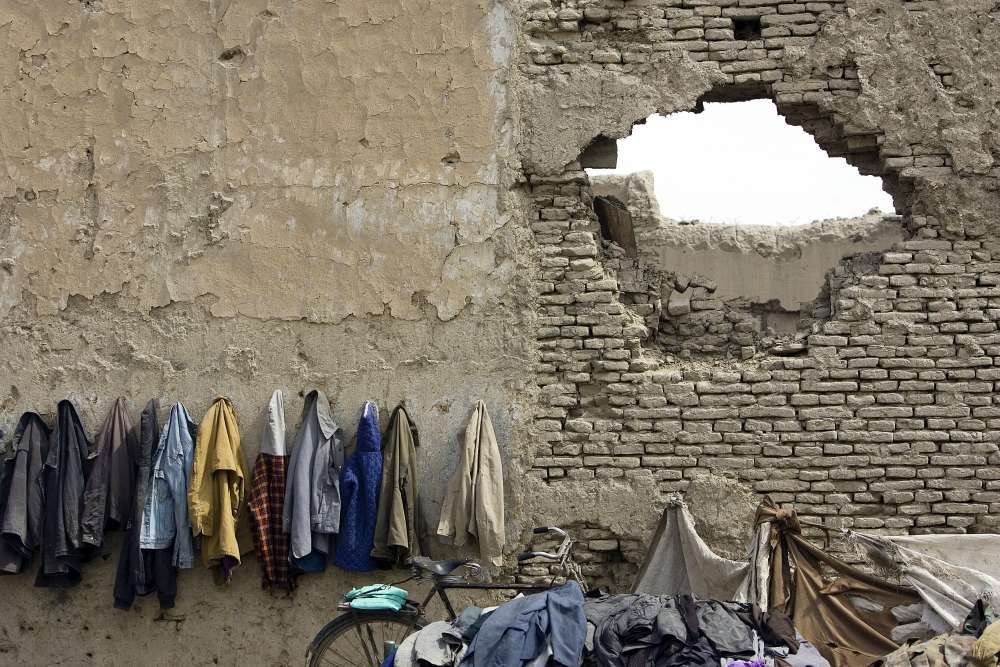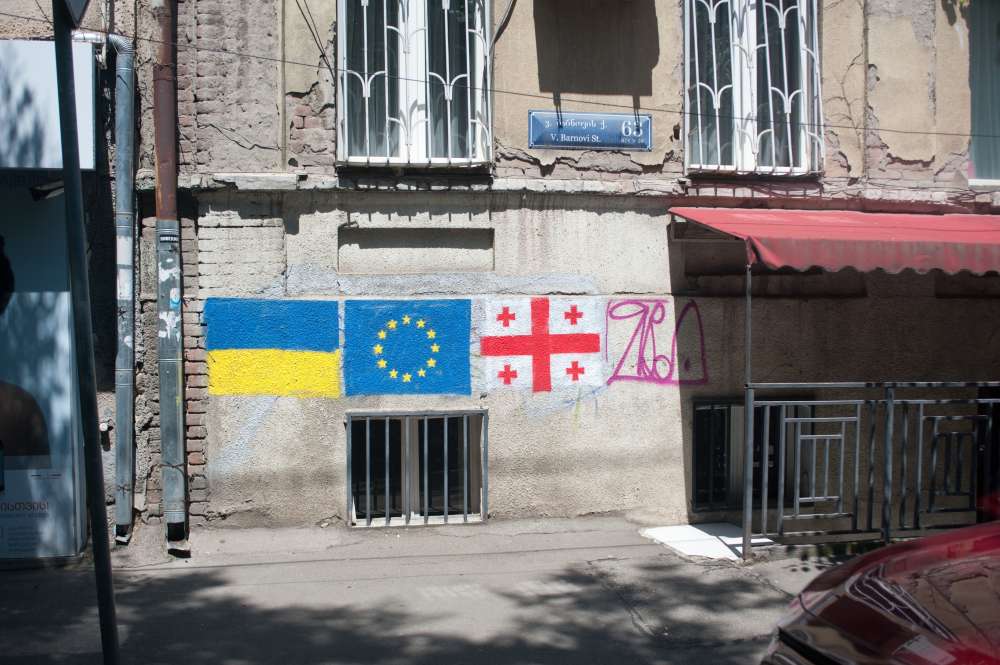Managing Conflict, Building Peace: Opportunities for Developing the EU-India Strategic Partnership

Abstract
With possible United States retrenchment and a growing number of conflicts, both the European Union and India are set to play a greater role in securing their overlapping extended neighborhoods. Crisis management, stabilization, and peacebuilding will play a central role in these endeavors, opening up a huge untapped potential for cooperation and collaboration between the EU and India. While both actors would benefit from such collaboration, obstacles – real or perceived – stand in the way: not only has there been minimal interoperability between the EU and India on the ground, but also a lack of familiarity with each other, feeding the perception of ‘strategic divergence’ on top-tier principles about democracy promotion, the use of force, humanitarian intervention, and regime change. However, neither side has an unchanging, much less a perfectly consistent position on these principles; both the EU and Indian positions have evolved over time. In this paper, we seek to debunk some lingering myths about ‘strategic’ differences between the two actors and set out practical proposals to begin building a truly strategic partnership.
Policy Recommendations
- Training: To boost operational collaboration, the EU and India should first rapidly implement the already agreed-upon initiatives of the EU-India Joint Action Plan regarding joint trainings and training personnel exchanges, focusing on likely scenarios for side-by-side deployments, and covering both civilian and military personnel.
- Military training and assistance to third parties: The best starting point to collaborate in real joint initiatives would be a combined EU-India project to train troops from African states for deployment to UN peacekeeping operations. With regional security in Africa a priority for both the EU and India, a joint predeployment training program or a ‘training of trainers’ initiative would not only boost their partnership but also contribute to the growing global demand for well-trained and adequately equipped peacekeepers.
- Joint civil-military missions and civilian projects: Most EU Common Security and Defence Policy (CSDP) operations focus on police, border security, justice, and security sector reform rather than armed military deployments, and participation is not limited to EU member states. Providing for Indian contributions to these missions could be a useful and politically attractive option for the EU and India to encourage collaboration among civilian security experts, police, justice officials and unarmed military advisers. Electoral, parliamentary, and legal assistance missions or projects offer additional opportunities for civilian collaboration, while UN missions offer opportunities across the entire civil-military spectrum, including support to the Women, Peace and Security agenda (UN Security Council Resolution 1325).
- Plant the seeds for future strategic collaboration: Truly strategic dialogue and cooperation will not be built by technocratic means; it will only flourish once policy-makers and strategic communities in Europe and India develop a stronger understanding of common first- and second-tier interests. Developing additional targeted and well-designed track 1.5 and track 2 formats can provide a foundation for this process, particularly if such forums were to expand beyond diplomats to include military, police, and civilian specialists as well as independent experts.
…
The full paper is available for download.
The policy paper was produced as a collaboration between GPPi and Carnegie India as part of the EU-India Policy Dialogues On Global Governance & Security.







